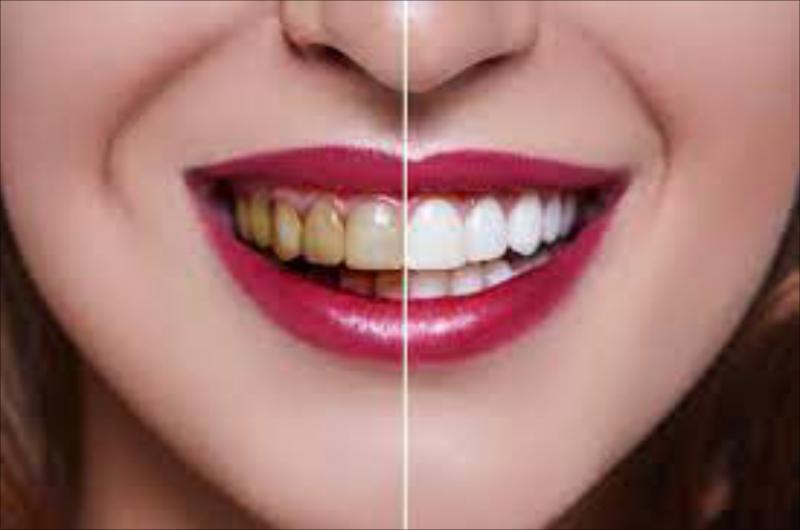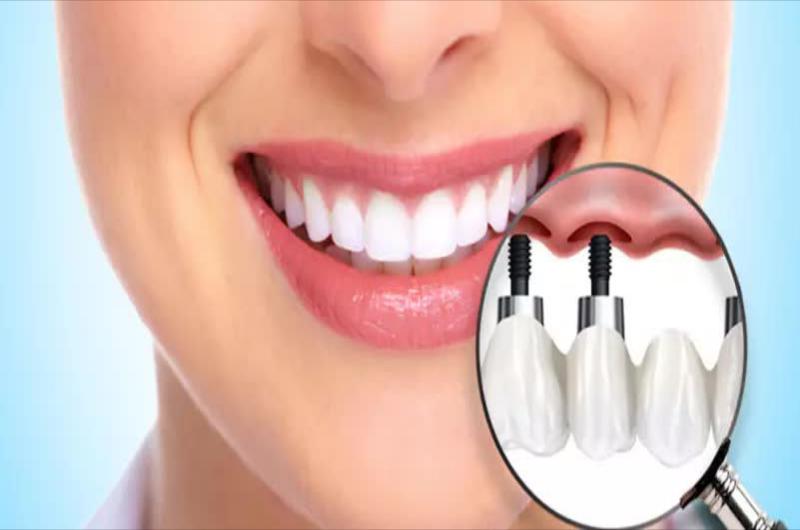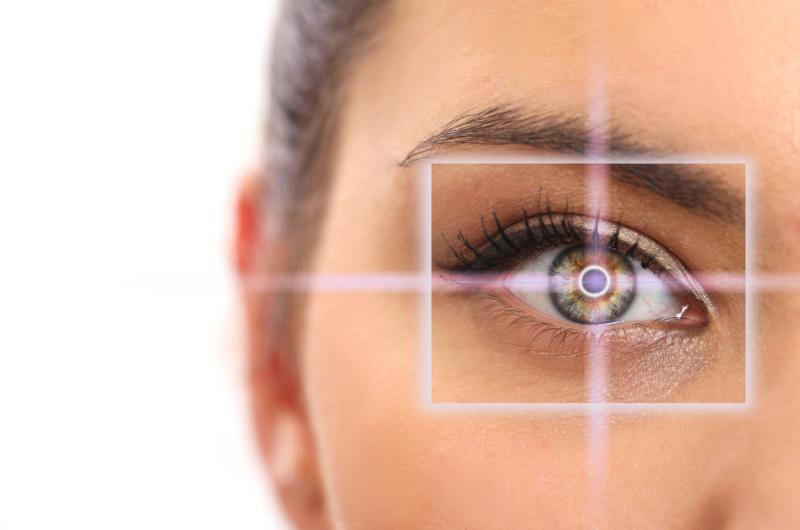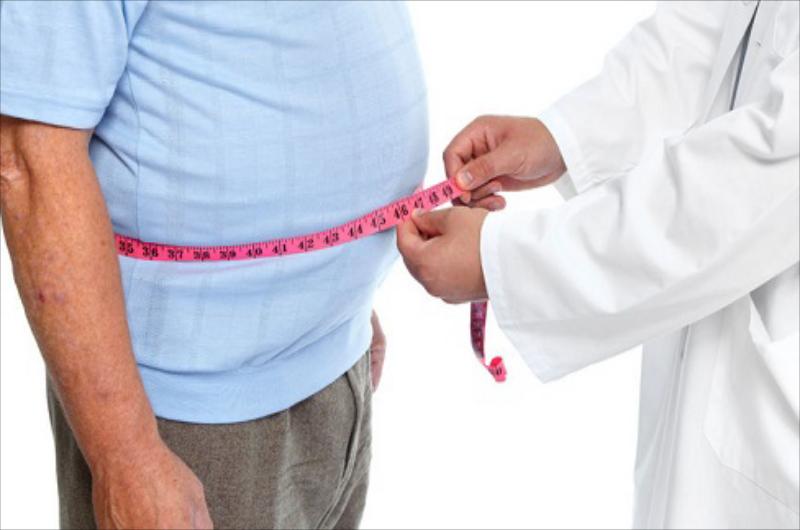About Treatment
In most cases, cancers are hereditary and associated with the carriage of mutations in certain genes obtained from one of the parents.
One of the effective approaches to early detection of breast and ovarian cancer is molecular genetic determination of their hereditary forms. This study allows to confirm the presence of hereditary predisposition to the development of cancer and to form groups of increased risk of development for pathogenetically based prevention and / or early diagnosis of the disease at the initial stage of development.
It is known that 5-10% of breast cancers and 10-17% of ovarian cancers are hereditary and their development is associated with mutations in the BRCA-1 and BRCA-2 genes. According to numerous studies, they are responsible for 20-50% of hereditary forms of breast cancer, 90-95% of cases of hereditary ovarian cancer in women, and up to 40% of cases of breast cancer in men.
What are BRCA1 and BRCA2 genes?
It is known that the majority of hereditary forms of breast cancer are associated with genes BRCA1 and BRCA2. These genes are responsible for the regulation of the processes of genetic material (DNA) restoration and prevent possible tumor transformation of cells. However, the presence of defects and mutations in these genes significantly increases the risk of developing breast and ovarian cancer.
How is BRCA1 and BRCA2 mutation tested?
The analysis consists in taking small amount of blood from vein or sampling the buccal epithelium. No special preparation is required for the study.
What if the test for mutations in BRCA1 and BRCA2 genes is positive?
A positive result indicates that you have inherited a defect in BRCA1 and BRCA2 genes and have predisposition to the development of certain types of cancer (breast, ovarian, prostate (in men), intestines, larynx, etc.). The analysis indicates only likelihood of cancer and does not mean that all blood relatives will have a genetic defect. If mutations in BRCA1 and BRCA2 genes are found in women, the risk of developing breast and / or ovarian cancer is 50 to 90%.
A positive test result is important information that allows you to take preventive measures as soon as possible and reduce likelihood of developing cancer.
And if the test for mutations in BRCA1 and BRCA2 genes is negative?
A negative result does not mean that you will not develop cancer. This means that your cancer risk is average and does not require as much attention to its prevention as in the case of these mutations. And of course, a negative result does not negate such general clinical preventive examinations as examination by a mammologist and mammography.
-
BRCA 1, 2 gene mutation test is performed
if relatives have a positive BRCA1,2 test result;
with family history of breast cancer (two or more relatives with breast cancer under 50 and three or more at any age);
early onset of the disease (up to 40 years old and younger);
multiple forms of tumor in one breast or in both mammary glands;
if a woman's breasts and ovaries are affected;
with breast cancer in men;
with triple negative breast cancer;
with concomitant cancer (for example, cancer of the pancreas and ovaries).
-
Test Material
Blood
-
Test Result
2-4 weeks
Person is already born with a BRCA1 or BRCA2 gene mutation, it is impossible to change this fact;
Not all carriers of this gene will develop cancer;
Changed gene can be inherited from both mother and father;
Probability of passing on the altered BRCA gene to children is 50%;
Gene is passed down from generation to generation.
This test will help you find out if you have inherited genetic mutation that increases your risk of developing breast and / or ovarian cancer.
Detection of a genetic defect in clinically healthy women allows for timely diagnosis and prevention of the development of breast and / or ovarian cancer. For patients who have already developed a tumor, the detection of mutations in BRCA1 and BRCA2 genes allows determining its hereditary nature and choosing the right treatment.
It is more likely that you have hereditary predisposition to breast cancer if:
Detection of breast cancer at a young age (up to 40 years);
The presence of direct relatives (mother, grandmother, sister, aunt) from the maternal or paternal side, who were diagnosed with breast cancer before the age of 50;
The presence in your family of a relative with breast and ovarian cancer;
Cases in your family of multiple or bilateral cancers of one or both breasts;
If your family has had a case of breast cancer in a man;
It is recommended to take blood sample in the morning, from 8 to 11 o'clock, on an empty stomach (at least 8 hours should pass between the last meal and blood sampling, you can drink water as usual).
Before the test (within 24 hours), exclude alcohol, intense physical activity, taking medications.
For 1-2 hours before taking blood sample, do not somke, do not drink juice, tea, coffee, you can drink non-carbonated water. Eliminate physical stress (running, fast climbing stairs), emotional excitement. It is recommended to rest and calm down 15 minutes before giving blood sample.
Do not do the test immediately after physiotherapy procedures, instrumental examination, X-ray and ultrasound studies, massage and other medical procedures.











